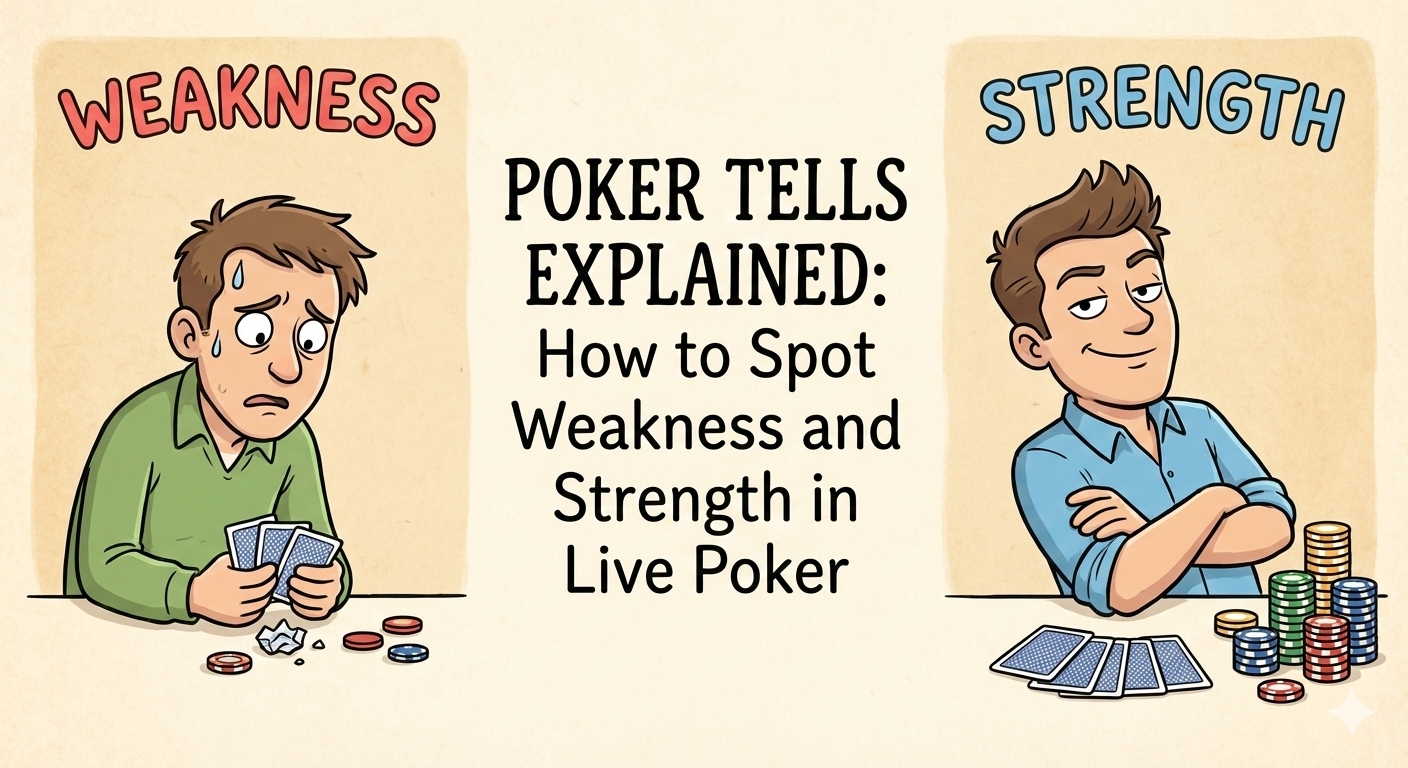
Texas Hold’em is undoubtedly one of the most popular and exciting variations of poker, drawing millions of players worldwide. Whether you’re a beginner or an experienced player, mastering the strategies and intricacies of Texas Hold’em can elevate your game to the next level. In this guide, we’ll walk you through everything you need to know to succeed at the poker table, from the basic rules to advanced tactics.
What is Texas Hold’em?
Texas Hold’em is the classic poker game most players are familiar with. The game revolves around each player receiving two private cards (known as “hole cards”), and five community cards that are shared by all players. Players use a combination of their hole cards and the community cards to make the best possible five-card hand.
The game consists of four betting rounds: pre-flop, flop, turn, and river, where players bet based on the strength of their hands. Texas Hold’em is played in a variety of betting structures, such as Limit, Pot-Limit, and No-Limit, each with its own strategic elements.
Understanding Texas Hold’em: The Basics
At its core, Texas Hold’em is a community card game where two hole cards are dealt to each player, and five community cards are shared. Players combine their hole cards with the community cards to make the best possible five-card hand.
The game involves four betting rounds:
- Pre-Flop: Players receive their hole cards, and the first round of betting takes place.
- Flop: Three community cards are revealed, and the second round of betting follows.
- Turn: A fourth community card is dealt, followed by another round of betting.
- River: The final community card is revealed, and the final betting round begins.
The player with the best hand at the end of the River wins the pot. In case of a tie, the pot is split between the winning players.
The Importance of Position in Texas Hold’em
One of the key elements of successful Texas Hold’em play is understanding your position at the table. The position refers to where a player sits relative to the dealer, as it greatly impacts the strategy you should adopt. Players in later positions have more information about other players’ actions, which gives them a significant advantage.
- Early Position: Players in early positions (such as the small blind and big blind) are forced to act first. This often means playing more conservatively and waiting for premium hands.
- Late Position: Players in late positions can be more aggressive and are in a better position to bluff, as they can see what the others have done before making their own decision.
Key Strategies for Winning at Texas Hold’em
Mastering the fundamental strategies of Texas Hold’em is crucial for long-term success. Here are some expert tips to help you improve your game:
-
Starting Hand Selection: The hands you choose to play are vital to your success. Premium hands such as Ace-Ace, King-King, and Queen-Queen should always be played aggressively. Conversely, avoid playing weak hands like 7-2 offsuit unless you’re in a late position or planning to bluff.
-
Reading Your Opponents: A significant part of Texas Hold’em involves reading your opponents. Pay attention to their betting patterns, body language, and reactions. Understanding their behavior can help you determine whether they’re bluffing or holding a strong hand.
-
Bet Sizing: Knowing when and how much to bet is crucial in Texas Hold’em. If you have a strong hand, consider betting aggressively to build the pot, but avoid over-betting in marginal situations. A well-timed bet can help you pressure your opponents into making mistakes.
-
Bluffing: Bluffing is an essential aspect of poker, but it should be used sparingly. Bluffing effectively requires you to understand your opponents and the board’s texture. A well-executed bluff can steal pots and keep your opponents guessing.
-
Managing Your Bankroll: One of the most important aspects of poker is bankroll management. Even the best players can have losing sessions, so it’s vital to play within your means and avoid risking too much of your bankroll on a single hand or session.
Advanced Techniques for Serious Players
As you become more comfortable with the basics of Texas Hold’em, you can start incorporating advanced techniques to take your game to the next level.
-
Pot Odds and Expected Value (EV): Pot odds refer to the ratio between the current size of the pot and the cost of a contemplated call. Calculating pot odds helps you decide whether it’s worth calling a bet based on your odds of completing a winning hand.
-
Implied Odds: Implied odds take into account the potential future bets you could win if you complete your hand. This is especially useful when drawing to a hand that could win big if you hit your draw.
-
Reverse Tells: Advanced players often use reverse tells to mislead their opponents. This involves deliberately giving off false signals (such as acting strong when you have a weak hand) to manipulate the way others perceive your hand.
The Role of Psychology in Texas Hold’em
Texas Hold’em is not just about the cards you are dealt; it’s also about the psychology behind the game. Successful players understand that poker is a battle of minds. The psychological aspect involves understanding when to push, when to fold, and how to manipulate your opponents into making poor decisions.
-
Tilt Control: “Tilt” refers to a state of emotional frustration or confusion that leads to poor decision-making. Controlling your emotions is crucial in Texas Hold’em, as losing your composure can lead to costly mistakes.
-
Confidence vs. Overconfidence: Confidence is important in poker, but overconfidence can be dangerous. Knowing your limits and adjusting your strategy according to the game’s dynamics is essential for maintaining a long-term edge.
Conclusion
Mastering Texas Hold’em requires a blend of skill, strategy, and psychology. By understanding the rules, developing a strong strategy, and keeping a keen eye on your opponents, you can significantly increase your chances of success at the table. Whether you’re playing for fun or aiming to compete in high-stakes tournaments, Texas Hold’em offers endless excitement and opportunities for those willing to put in the effort to master it.
Remember, the key to becoming an expert player is consistent practice and a commitment to learning and adapting. So, get out there, hone your skills, and enjoy the thrill of the game!



